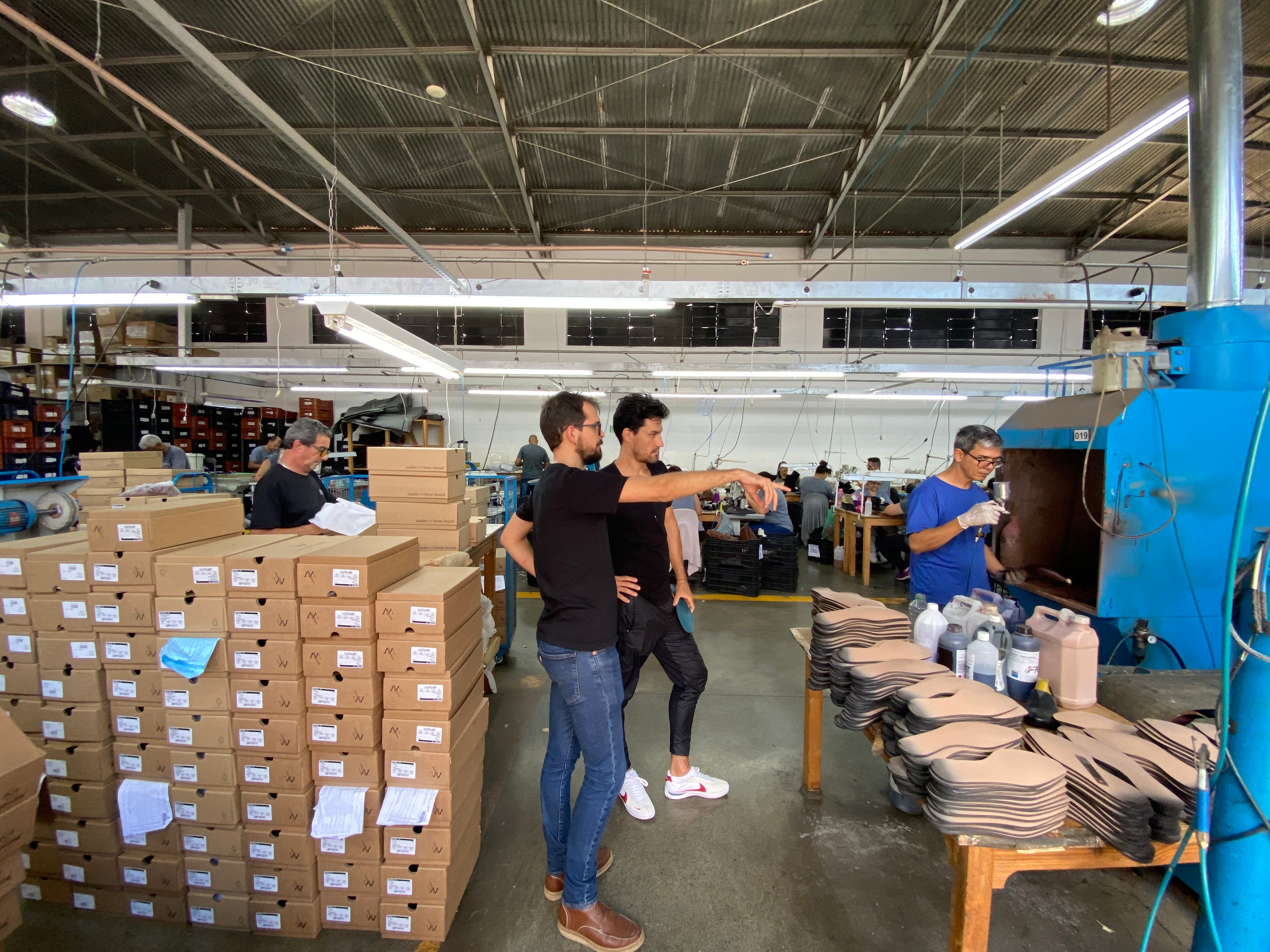Unraveling the threads of ethical and sustainable fashion: A journey toward a conscious wardrobe
In a world where fast fashion reigns supreme, the terms "ethical" and "sustainable" have become buzzwords bandied about with reckless abandon. But what do these terms truly mean in the context of the fashion industry?
Ethical fashion encompasses the social and economic aspects of garment production. It ensures that workers are treated fairly, paid living wages, and provided with safe working conditions. Ethical fashion also considers the impact of production on local communities and strives to minimize negative social and cultural impacts.
Animal cruelty and animal welfare are also integral aspects of ethical fashion. The fashion industry is a major contributor to animal suffering, as it relies on the exploitation of animals for their fur, leather, wool, and down.
Animals raised for the fashion industry are often subjected to cruel and inhumane practices. For example, fur-bearing animals are often confined to cramped cages and killed by methods such as anal electrocution or gassing. Animals raised for leather are often dehorned, branded, and castrated without pain relief. And sheep raised for wool are often subjected to painful mulesing, a procedure in which large chunks of flesh are removed from their backsides without anesthesia.
Ethical fashion brands like ours are committed to minimizing animal suffering. They use vegan materials, such as faux fur and faux leather and next generation materials such as Cactus leather.
By choosing to support ethical fashion brands, consumers can help to reduce the demand for products that are made with animal cruelty.
In addition to the social and environmental considerations, ethical fashion also encompasses the well-being of animals. By choosing to shop ethically, consumers can help to ensure that animals are not subjected to suffering in the name of fashion.
Sustainable fashion focuses on the environmental impact of garment production. It considers the use of resources, such as water and energy, as well as the generation of waste. Sustainable fashion also seeks to promote the use of eco-friendly materials, such as organic cotton, recycled polyester, and plant based next gen materials.
Achieving both ethical and sustainable practices in the fashion industry is a complex and challenging endeavor. Just because something is ethical and vegan, does not by default mean it is sustainable. However, there are a number of key considerations that brands can adopt to move towards a more responsible model:
- Transparency: Being transparent about supply chains and manufacturing processes.; allowing consumers to make informed decisions about the products they purchase.
- Traceability: Tracing the origins of materials and ensuring that they are not sourced from unethical or unsustainable sources.
- Accountability: Being held accountable for social and environmental impacts through independent auditing and certification schemes.
- Innovation: investing in innovative technologies and practices that can reduce environmental impact.
- Collaboration: Collaborate with other stakeholders, such as NGOs and governments, to develop and implement solutions to the social and environmental challenges facing the fashion industry.
Consumers have a role to play in promoting ethical and sustainable fashion. We can make more conscious choices about the brands we support and the products we buy. We can also demand greater transparency and accountability from brands.
By working together, we can create a more ethical and sustainable fashion industry that is kinder to people and the planet.
Ethical and sustainable fashion is not just a trend, it is a necessity. It is about making informed choices that support brands that are committed to doing the right thing. By choosing to shop ethically and sustainably, we can help to create a more just and sustainable world for all.


